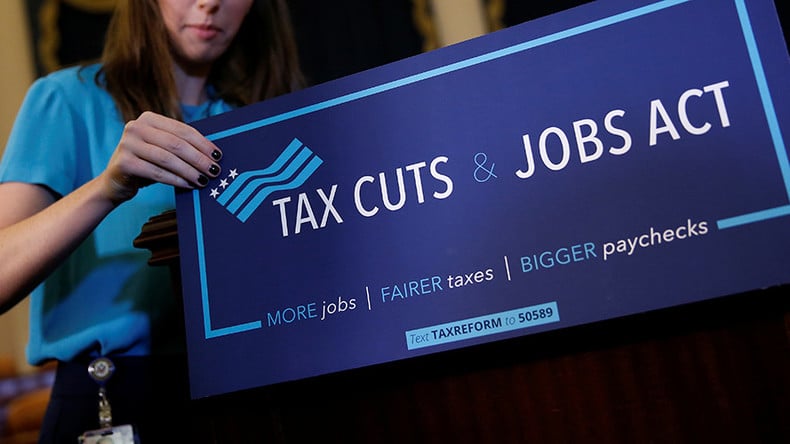
The federal Family and Medical Leave Act (FMLA) currently requires certain employers to provide eligible employees with up to 12 weeks of leave per year for specified family and medical reasons. FMLA leave can be paid or unpaid. The Tax Cuts and Jobs Act seeks to encourage employers to provide paid leave by providing employers with a tax credit for family and medical leave wages paid by the employer to qualifying employees.
Under the Act, qualifying employers will be allowed to claim a credit of 12.5 percent of the amount of family and medical leave wages paid to a qualifying employee, if the compensation to the employee while on family and medical leave is 50 percent of the employee’s normal wages. The credit increases from 12.5 percent by 0.25 percent for each percentage point by which the rate of compensation exceeds 50 percent of the employee’s normal wages, up to a maximum credit of 25 percent. The maximum amount of family and medical leave that may be taken into account is 12 weeks. In order to be eligible for the credit, employers will need to have written policies that meet various requirements set forth in the Act.
Some employers provide paid-time-off (PTO) for FMLA-permitted and non-FMLA absences, and other employers allow paid Short-Term Disability (STD) benefits to provide pay for what might otherwise be unpaid FMLA leave, while those in Chicago, New York, Seattle, and other jurisdictions have ordinances that provide paid sick leave for FMLA-permitted purposes. Some or all of these scenarios may allow for the tax credit, but employers must draft such policies carefully.
The credit is set to expire December 31, 2019, but may be revisited by legislators prior to expiration.
Source: New Tax Bill Contains Important Implications for Employers
